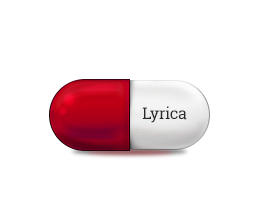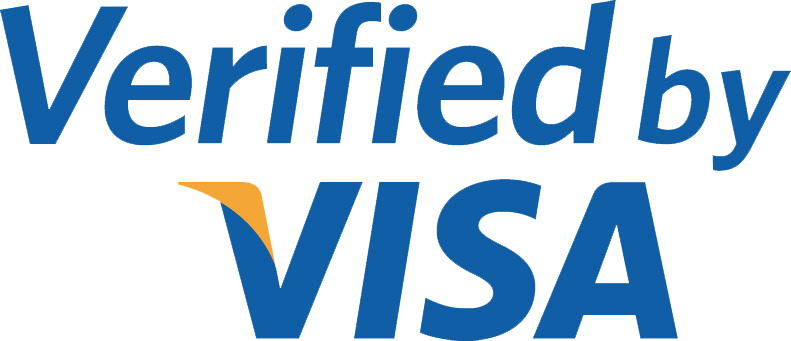
Pregabalin is a medication used world-wide in the treatment of partial onset seizures, postherpetic neuralgia, diabetic neuropathy, fibromyalgia, spinal cord injury neuropathic pain, and generalized anxiety disorder. The actions of pregabalin are mediated through binding with high affinity to alpha-2-delta proteins, which attenuates calcium influx into presynaptic neurons and thereby blocks the release of neurotransmitters, including the excitatory neurotransmitter l-glutamate.


| Package | Per pill | Total price | Save | Order |
|---|---|---|---|---|
| 150mg × 30 Pills | $1.96 | $58.66 + Bonus - 4 Pills | - | Add to cart |
| 150mg × 60 Pills | $1.56 | $93.70 + Bonus - 4 Pills | $24.00 | Add to cart |
| 150mg × 90 Pills | $1.54 | $138.20 + Bonus - 7 Pills | $37.80 | Add to cart |
| 150mg × 120 Pills | $1.51 | $181.10 + Bonus - 7 Pills | $54.00 | Add to cart |
| 150mg × 240 Pills | $1.40 | $336.93 + Bonus - 11 Pills Free Trackable Delivery | $134.40 | Add to cart |
| Package | Per pill | Total price | Save | Order |
|---|---|---|---|---|
| 75mg × 30 Pills | $1.36 | $40.65 + Bonus - 4 Pills | - | Add to cart |
| 75mg × 60 Pills | $1.10 | $65.70 + Bonus - 4 Pills | $15.60 | Add to cart |
| 75mg × 90 Pills | $1.06 | $95.20 + Bonus - 7 Pills | $27.00 | Add to cart |
| 75mg × 120 Pills | $1.00 | $120.10 + Bonus - 7 Pills | $43.20 | Add to cart |
| 75mg × 240 Pills | $0.92 | $221.93 + Bonus - 11 Pills Free Trackable Delivery | $105.60 | Add to cart |
Shingles, also known as herpes zoster, is a viral infection that causes a painful rash. It is caused by the varicella-zoster virus, which also causes chickenpox. After a person recovers from chickenpox, the virus remains in their body and can reactivate later in life, causing shingles. While many people associate shingles with a rash and blisters, one of the most common complications of the disease is postherpetic neuralgia (PHN), a burning pain in the nerves and skin that can last long after the rash and blisters have gone away.
PHN is a neuropathic pain condition, which means it is caused by damage to the nerves. In the case of PHN, the varicella-zoster virus damages the nerves during a shingles outbreak, leading to ongoing pain. This pain can be severe and debilitating, interfering with a person's daily activities and quality of life. In addition to burning pain, people with PHN may also experience other symptoms such as itching, numbness, and sensitivity to touch.
The risk of developing PHN increases with age, with people over the age of 60 being the most susceptible. In fact, according to the American Academy of Family Physicians, up to 50% of people over the age of 60 who develop shingles will go on to develop PHN. Other risk factors for PHN include having a weakened immune system, experiencing severe pain during the shingles outbreak, and having a widespread rash.
While there is no cure for PHN, there are treatments available that can help manage the pain and improve quality of life. These treatments include:
- Pain medication: Over-the-counter pain relievers such as acetaminophen and ibuprofen can help relieve mild to moderate pain. Prescription pain medication such as opioids may be necessary for more severe pain;
- Topical treatments: Capsaicin cream or patches, lidocaine patches, and other topical treatments can help relieve pain and itching;
- Antidepressants: Certain antidepressants, such as tricyclic antidepressants and selective serotonin reuptake inhibitors (SSRIs), can help relieve nerve pain;
- Anticonvulsants: Certain anticonvulsant medications, such as gabapentin and pregabalin, can help relieve nerve pain;
- Nerve blocks: Injecting a local anesthetic or steroid medication near the affected nerve can help relieve pain;
- Physical therapy: Working with a physical therapist can help improve mobility and relieve pain.
Prevention is key when it comes to PHN. The best way to prevent PHN is to prevent shingles altogether. The Centers for Disease Control and Prevention recommends that people over the age of 50 get vaccinated against shingles with the Shingrix vaccine. The vaccine is over 90% effective at preventing shingles and PHN.
In conclusion, postherpetic neuralgia is a common complication of shingles that can cause severe and debilitating pain. The risk of PHN increases with age, and there is no cure for the condition. However, there are treatments available that can help manage the pain and improve quality of life. Prevention is key, and the Shingrix vaccine is recommended for people over the age of 50 to prevent shingles and PHN. If you have had shingles or are over the age of 50, talk to your doctor about getting vaccinated against shingles and PHN.






